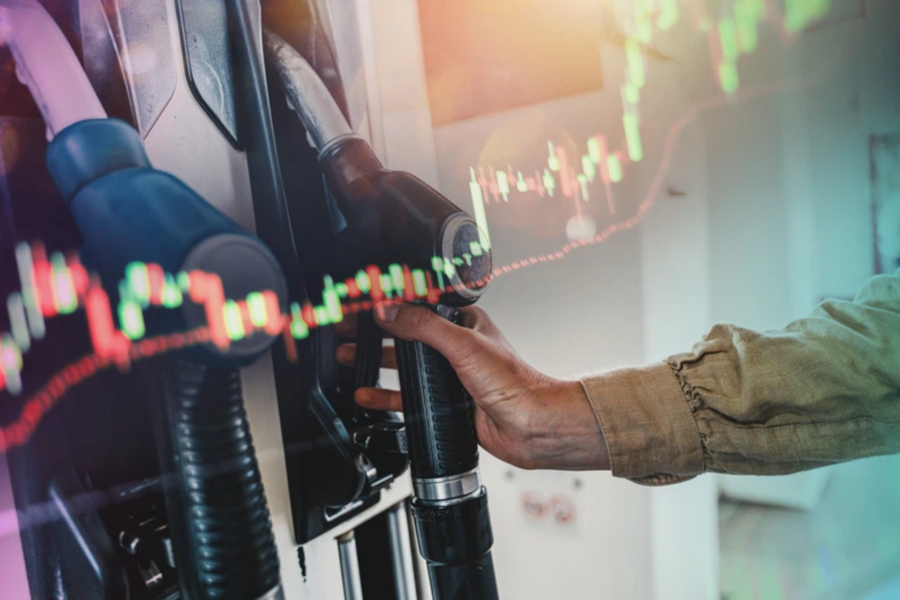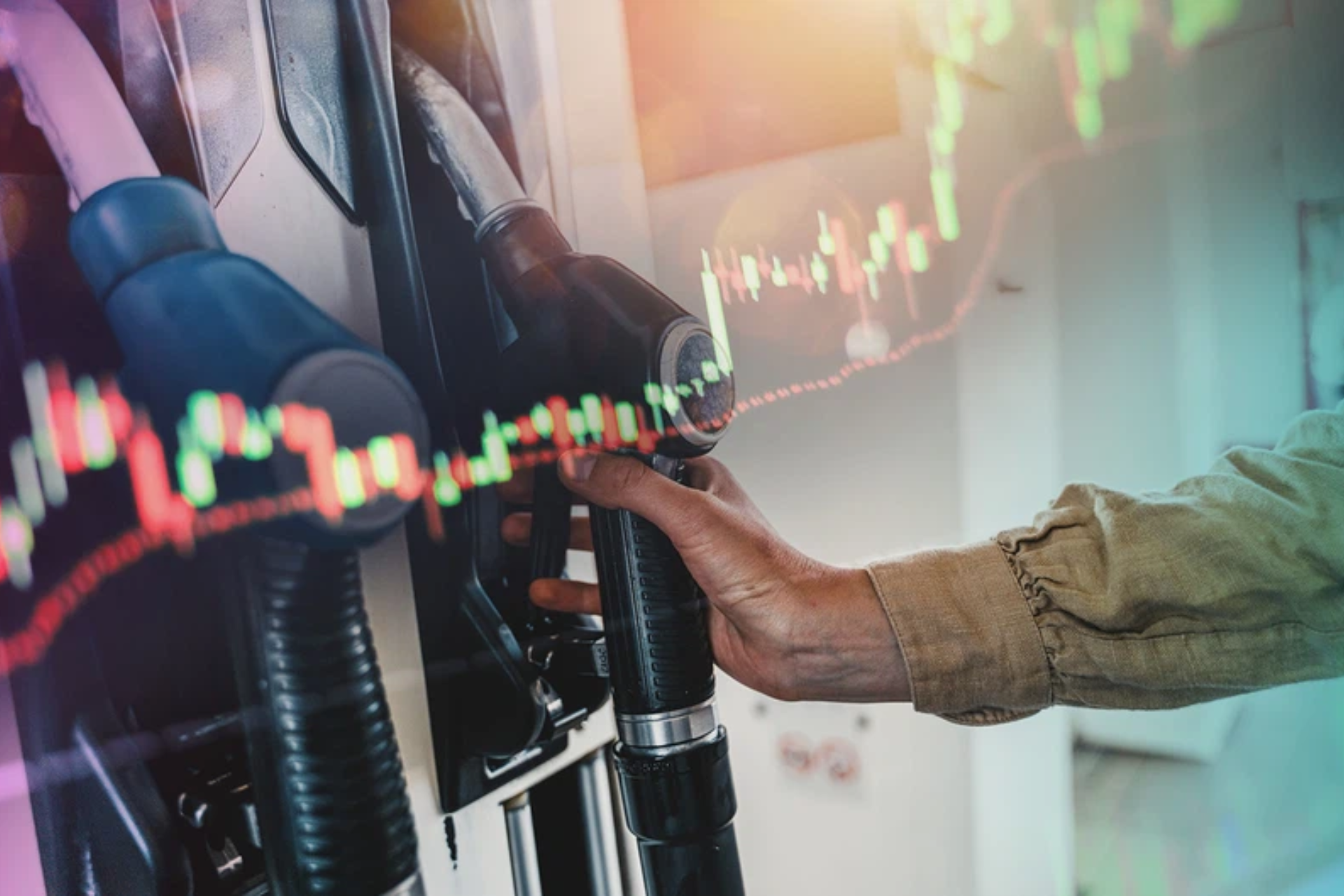
Here are the official fuel price increases for March
Here is everything South African motorists need to know about the upcoming fuel price increases taking effect on 6 March.

Motorists can brace themselves for a massive fuel price increases that are coming into effect in March.
HERE ARE THE OFFICIAL FUEL PRICE INCREASES FOR MARCH
The Department of Mineral Resources and Energy has published the latest official fuel price increases, which will kick in from Wednesday, 6 March 2024.
Unleaded petrol of both grades (93 and 95) will rise by R1.21 a litre, bringing the Gauteng price of 95 unleaded petrol to R24.45 a litre, while the coastal price will reach R23.73.
Diesel (0.05% sulphur) will increase by R1.05 a litre, while 0.005% sulphur will increase by R1.18 a litre. This leaves the Gauteng wholesale price at R22.41, with the coastal price rising to R21.69.
The wholesale price of illuminating paraffin will be hiked by 64c a litre, and the maximum retail price for LP gas is going up by 41c per kg.
‘THE OVERALL PICTURE LOOKS BLEAK AND CONSUMERS WILL FEEL THE PINCH’
“The main driver behind the increases is higher international product prices in addition to the higher average rand/US dollar exchange rate. While the weaker rand is contributing a small margin to the under-recovery and increase to prices expected next month, the overall picture looks bleak and consumers will feel the pinch,”said the AA.
THE OFFICIAL FUEL PRICE INCREASES COME INTO EFFECT ON 6 MARCH
Senior trader Dennis Kissler of BOK Financial told Reuters that tighter oil supplies would be a reality as we head deeper into 2024.
“OPEC is looking for mid-$80s, maybe around $85 a barrel on Brent. If we stay below that, they will curtail production all the way to the year end,” Kissler said.
Shipping attacks in the Red Sea remain a concern and Yemen’s Houthi has vowed to continue these until Israel’s aggression against Gaza ends.
HOW CAN YOU SAVE FUEL?
MasterDrive CEO Eugene Herbert said basic driving adjustments could help with fuel and diesel consumption:
- Anticipate changes to traffic conditions and minimise unnecessary braking and acceleration.
- Reducing speed by 20km/h can reduce fuel consumption by 20%.
- Plan your route and use traffic apps and alerts to avoid traffic jams and congestion.
- Keep your RPMs around 3 000 as it can also reduce your consumption by 20%.
- Regular maintenance improves fuel efficiency.
- Minimum use of the aircon.
